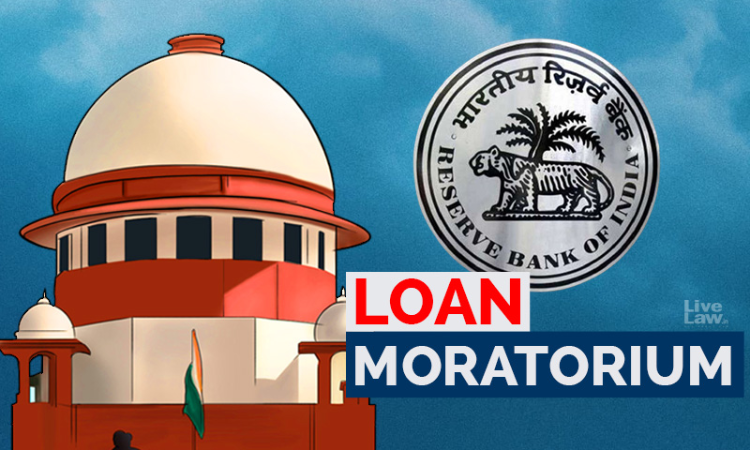Loan Moratorium Waiver of Interest Case: Supreme Court Reserves Judgment
Sanya Talwar
17 Dec 2020 5:01 PM IST

Next Story
17 Dec 2020 5:01 PM IST
The Supreme Court on Thursday reserved judgment on the pleas pertaining to extension of loan moratorium along with petitions by specific sectors.A bench of Justices Ashok Bhushan, R. Subhash Reddy & MR Shah finished hearing the batch of plea's today and heard rejoinder submissions on behalf of various petitioners.Senior Advocate Ravindra Srivastava made rejoinder submissions today on...
